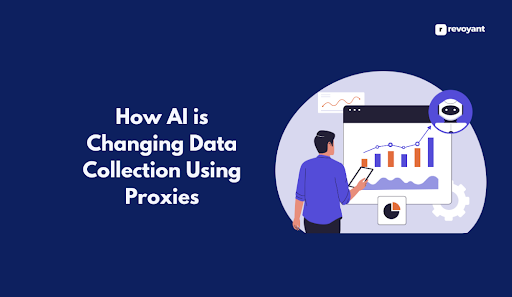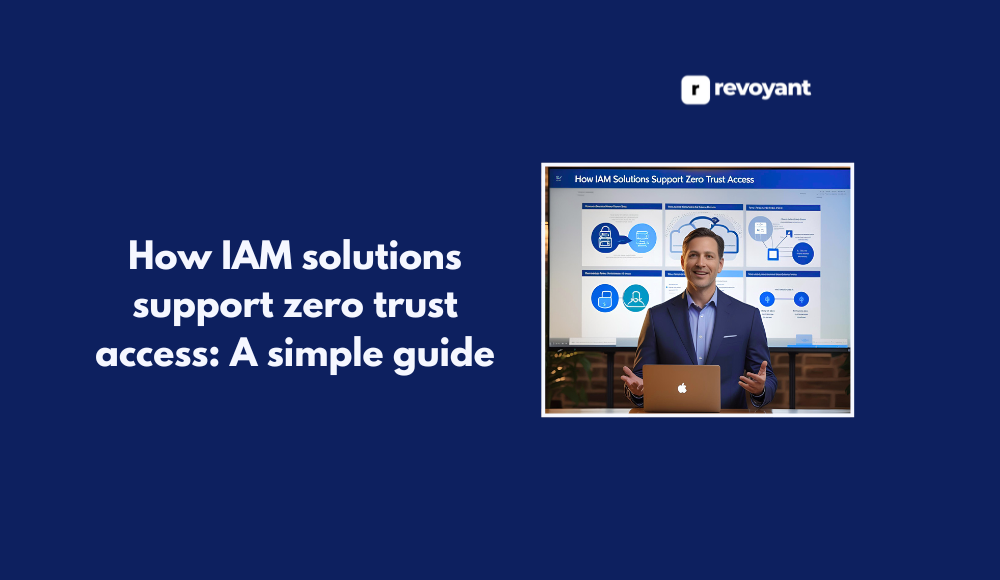Managing cloud servers can feel slow or tricky, especially when you want your apps to run fast and stay safe. Many people face these issues, so you are not alone. After a lot of research, I discovered that Linode now works with Akamai Cloud to help solve these problems.
Their private networking is free and comes with Cloud Firewall built-in.
This blog post will show clear ways the new Akamai integration makes your cloud faster, safer, and easier to use. Keep reading for simple tips that may help improve your own setup.
Key Takeaways
- Linode works with Akamai Cloud to make cloud servers faster and safer. This setup offers free private networking and a built-in Cloud Firewall.
- The integration helps users manage traffic better, secure their data, and improve app performance with features like real-time monitoring tools and managed Kubernetes support.
- Users enjoy more reliable cloud computing with managed database services, live performance data through Real User Monitoring, and easy global scaling with the Akamai CDN.
Enhanced Networking Capabilities with Akamai Integration
With Akamai Cloud now part of Linode, I get stronger networking features. My apps share data faster and run more smoothly on the Linode cloud.
Private and isolated networks for secure workloads
I use Akamai Cloud integration on Linode to set up private and isolated networks, so I keep my workloads safe. Every customer, including me, gets Private Networking options at no extra charge.
This includes features like a Cloud Firewall that helps block unwanted traffic before it can reach any Linode server or cloud service. Each Linode comes with several IP addresses. One connects over the public Internet and others help link with Akamai services without leaving the secure network.
Security controls let me prevent unauthorized access to my data and applications running on distributed cloud infrastructure. For example, real-time monitoring tools from Akamai show activity across my networks fast, making it easier to spot problems or attacks right away.
These built-in features mean I do not need extra software for basic security tasks, saving both time and money compared to some other hosting providers like Amazon Web Services or Google Compute Engine.
Optimized traffic for multi-tiered applications
Akamai Cloud helps me keep traffic smooth between layers in my multi-tiered applications. Each Linode comes with several IP addresses, so I can connect over the public Internet or link up to other Akamai services easily.
Private Networking options are now standard for all users at no extra cost, along with a built-in Cloud Firewall. This lets me lock down communication between servers and prevent unauthorized access while keeping data safe.
I can set up VLANs and use private IPs as needed to split workloads across front-end, back-end, and database tiers without exposing them to outside threats. Real User Monitoring (RUM) tools gather live data from subcustomer content; this shows if users face slowdowns so I can spot problems quickly.
My image service uses Akamai’s global CDN for faster scaling and easier deployment, which is important for apps that need low-latency connections worldwide. Managed Kubernetes support also means better scale for production databases through Linode Kubernetes Engine (LKE).
Next, I’ll focus on improved cloud performance features and helpful tools powered by these enhancements.
Improved Cloud Performance and Tools
I see faster speeds and more stable uptime with the recent updates, which makes cloud computing much smoother for my projects. New features give me better ways to manage data and run applications, which keeps things running well as I grow.
Managed database services for better performance
Managed database services on Linode support production workloads with high speed and strong reliability. I can set up a fully managed database in just a few clicks, using the Linode Cloud Manager or API.
This helps me run websites like WordPress, web apps, or even large data projects without spending time doing manual setup and maintenance.
These services use Akamai’s distributed cloud network for lower latency and stable access from anywhere. My databases stay safe with built-in backup options, encryption features, and regular updates managed by the system.
Developers enjoy better uptime because these servers handle downtime risks for me. If I need to scale my compute needs quickly, Akamai makes sure resources are ready across multiple data centers worldwide since 2003.
This gives consistent performance whether I use dedicated CPU or shared plans for different types of jobs.
Real-time control with Linode Interfaces
I use Linode Interfaces to control my cloud server in real time. The Linode Cloud Manager, API, and CLI let me create or delete servers fast. With just a few clicks, I can set up databases or check usage stats from any web browser.
The user-friendly dashboard helps me manage backups, view bills, and even upload disk images.
Linode’s improved image service uses the Akamai CDN. This makes it easy for me to save a full disk as an image and deploy new Linodes anywhere with speed. Real User Monitoring (RUM) lets me see live performance data for apps running on the Akamai Connected Cloud platform.
My workload stays secure using Cloud Firewall controls at no extra cost; private networks are always ready for production needs too.
Availability and Regional Support
I find many choices for data centers with Linode and Akamai Cloud. Their cloud infrastructure is highly distributed, so I can deploy cloud servers closer to my users. Each server, or Linode, comes with several IP addresses which let me connect over the public Internet, private networks, and other Akamai services.
This helps keep latency low and uptime high.
The improved image service uses the Akamai CDN to speed up global access, making it easy for me to scale fast and deploy new workloads across regions. Real User Monitoring (RUM) collects live performance data from different locations as people use my applications on the Akamai Connected Cloud platform.
Managed database services also stay available in more places now; this supports production database workloads that need reliable hosting options. Next, I will talk about how these upgrades benefit anyone using Linode products and services every day.
Benefits of Akamai Cloud Integration for Linode Users
After expanding Linode’s regional support, I see more ways this Akamai Cloud integration helps users. Private Networking now comes at no extra cost, so my workloads stay safe and isolated.
The included Cloud Firewall gives another layer of security for my data and applications.
Each Linode has several IP addresses which lets me connect to the public Internet or other products and services on Akamai Connected Cloud with ease. Using Akamai CDN speeds up image transfers across global data centers, helping me scale or deploy new servers in less time.
Quick disk capture lets me save images from a running server, then spin up fresh Linodes fast using those saved files.
Akamai brings full-stack cloud computing that is distributed widely; this keeps price low while giving strong performance for all kinds of workloads. Managed database tools help run my production databases without downtime, and AI Inference features boost how well apps perform.
Real User Monitoring (RUM) collects real-time stats from visitors, letting me fix problems before customers even notice them. I also track VPC pricing, private IPs, VLAN options or load balancers with simple settings inside the intuitive browser-based Cloud Manager—there’s no guesswork needed.
With ongoing work by engineers like those at Akamai Technologies who aim to improve Kubernetes Engine scaling and speed—even job listings seek experts in 2024—the benefits just keep growing for anyone who chooses Linode as their trusted cloud provider today.
Conclusion
Akamai Cloud now brings Linode users better speed and stronger security. I get private networks and real-time data tools without extra cost. Deploying apps feels smoother, and scaling up happens faster.
With these updates, building with Linode is easier than ever before. I can trust my cloud setup to perform well while staying protected.
FAQs
1. What does it mean that Linode accelerates performance with Akamai Cloud Integration?
Linode accelerating performance with Akamai Cloud Integration means that Linode, a cloud hosting provider, has integrated its services with those of Akamai’s cloud platform to enhance its speed and efficiency.
2. How can this integration benefit users?
The benefits for users include faster data transfer rates and improved website loading speeds due to the enhanced capabilities provided by the integration of Linode’s services with Akamai’s cloud network.
3. Does this integration affect my current setup on Linode?
This integration shouldn’t disrupt your current setup on Linode; instead, it aims to improve the overall performance of your applications hosted on their platform.
4. Is there any additional cost associated with this new feature?
While specific cost details should be confirmed directly from Linode or Akamai; generally such integrations aim at enhancing service quality without significantly impacting existing pricing structures.




